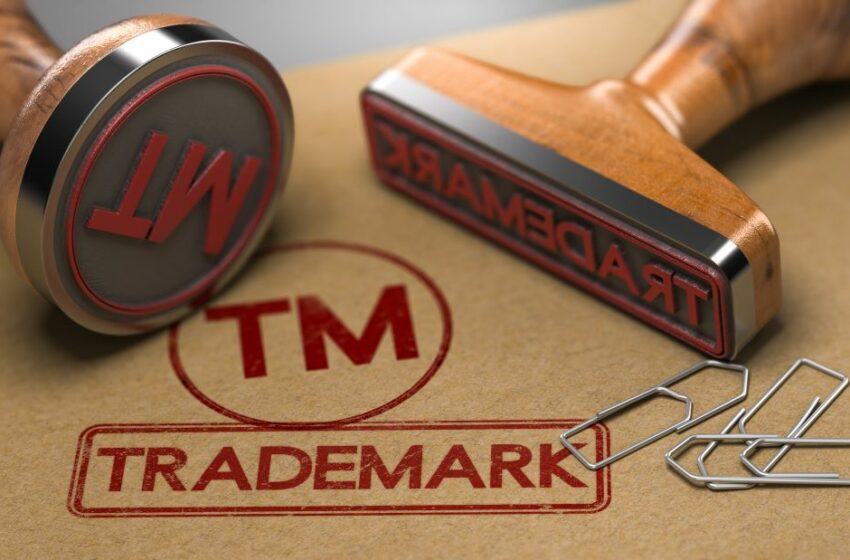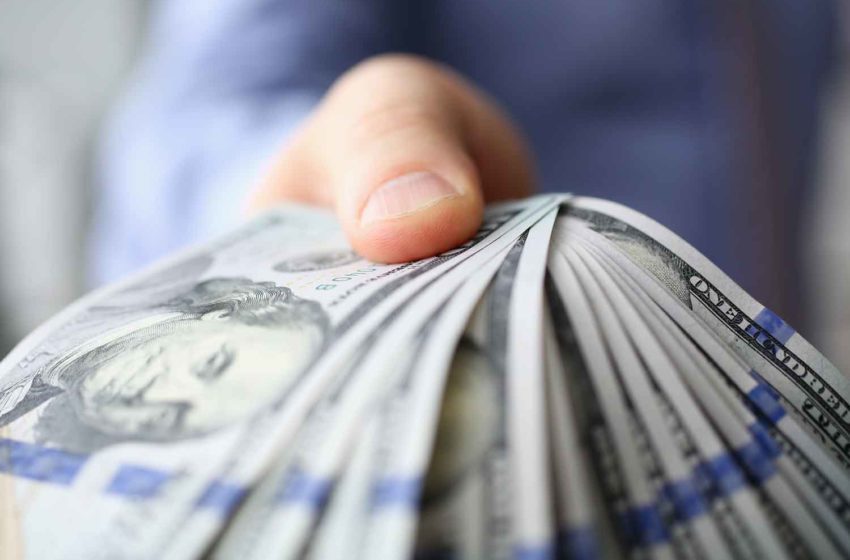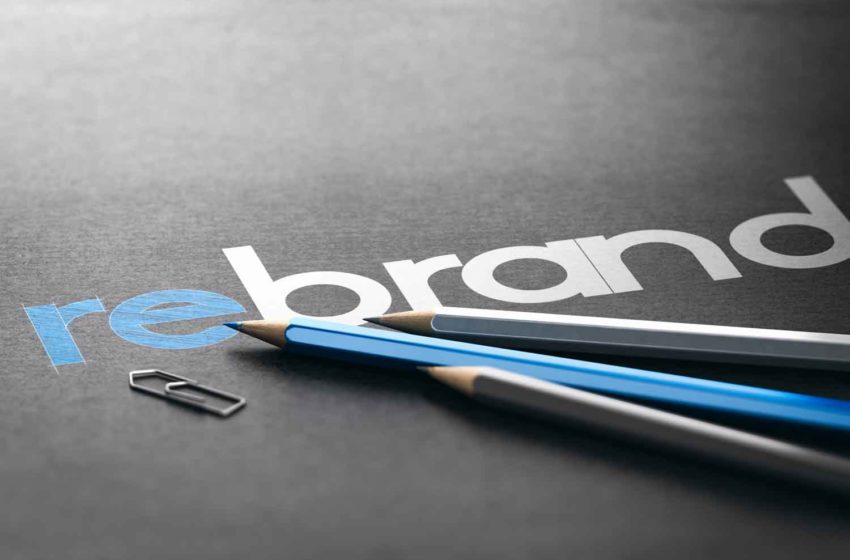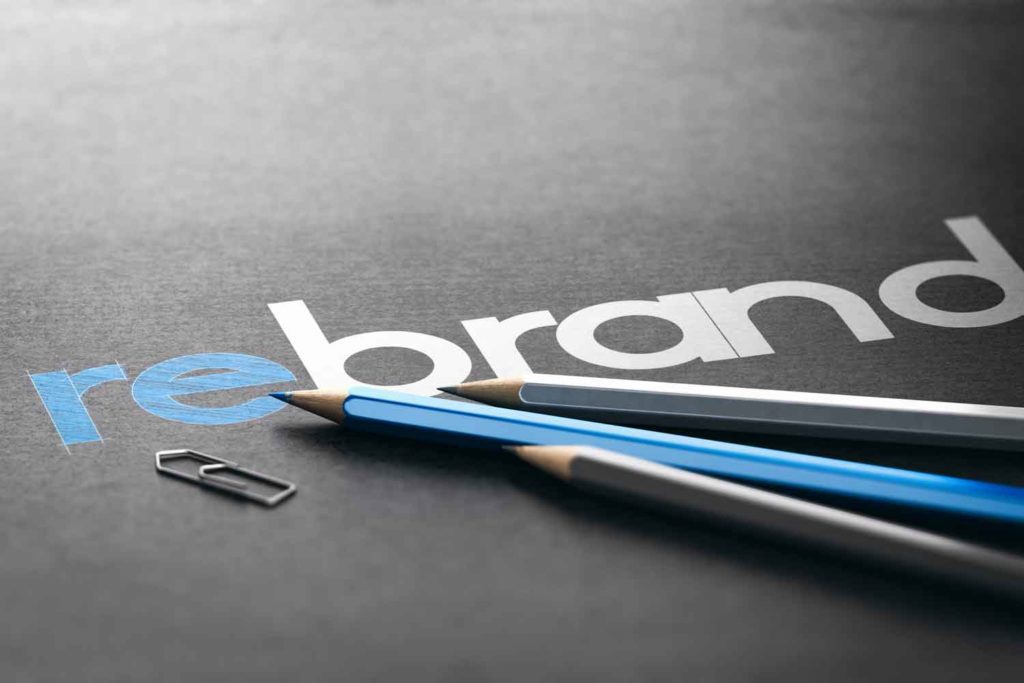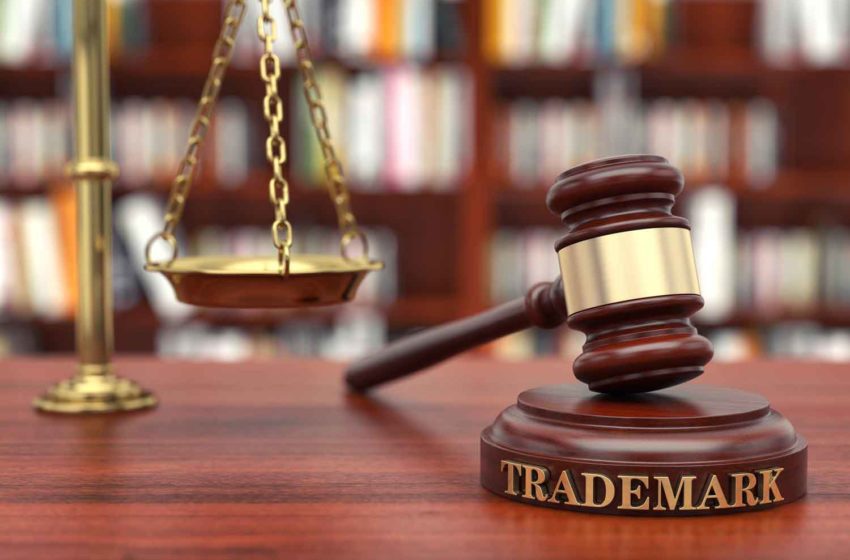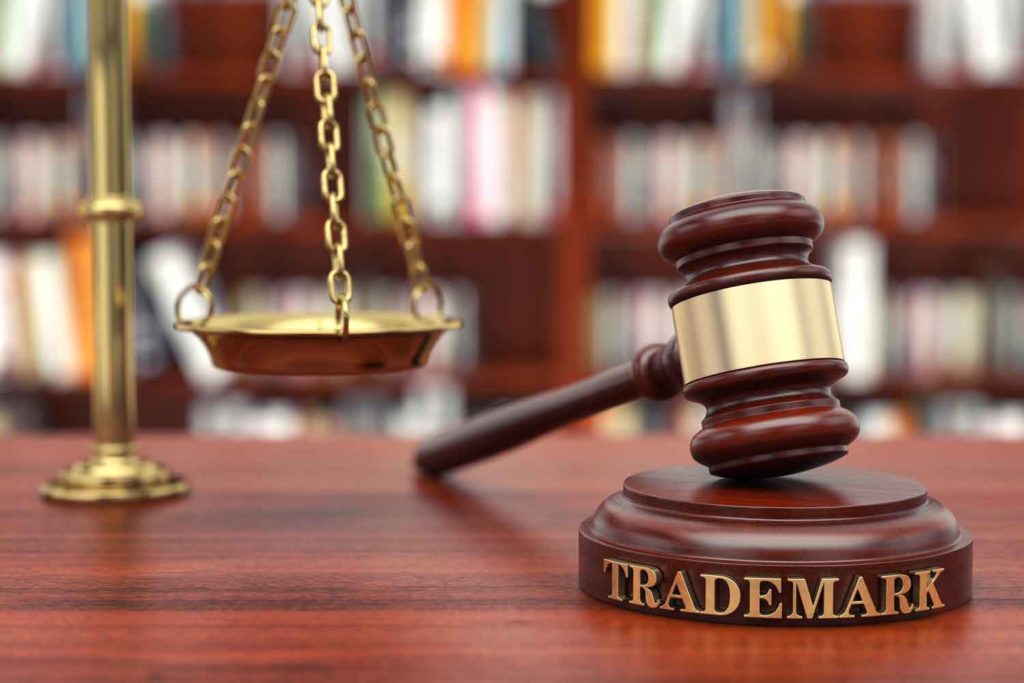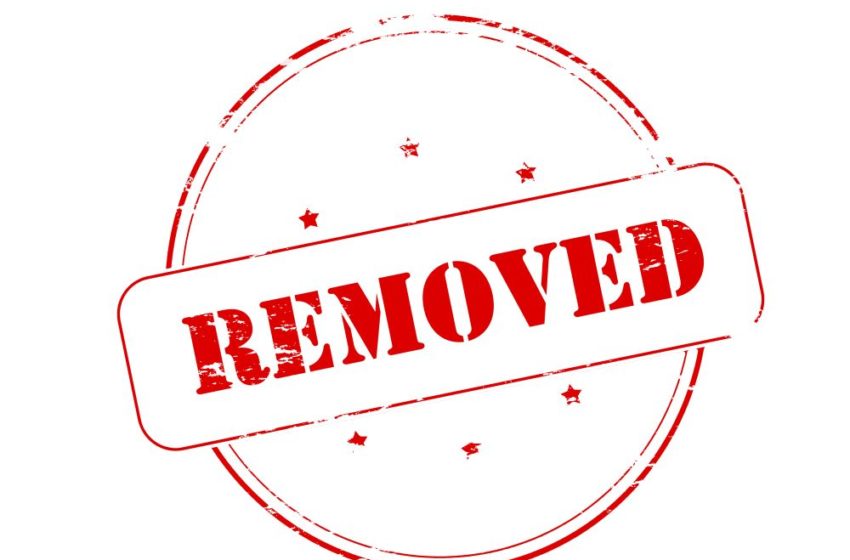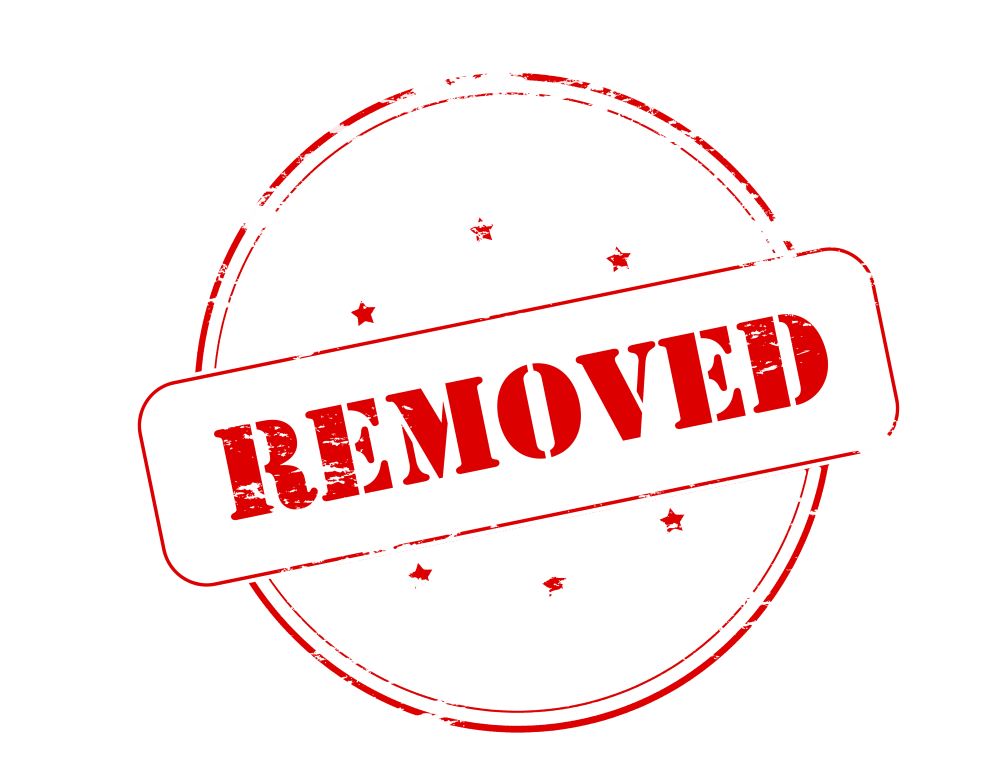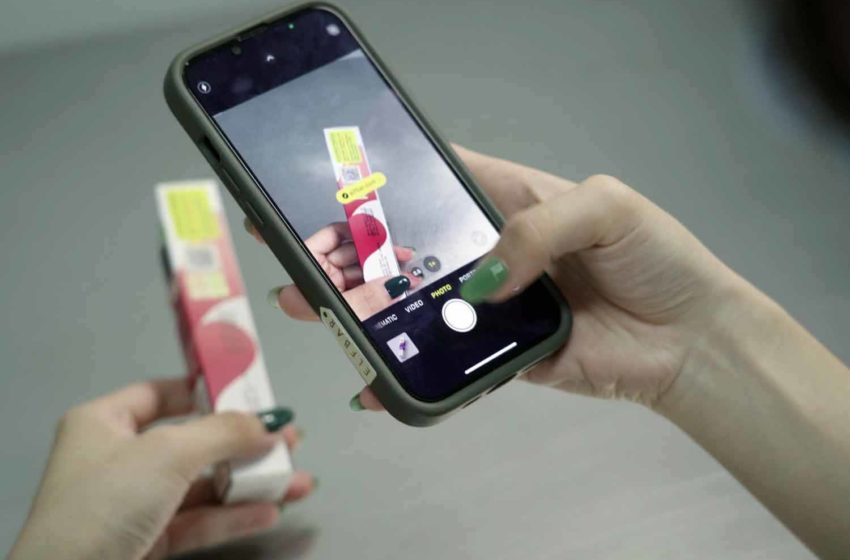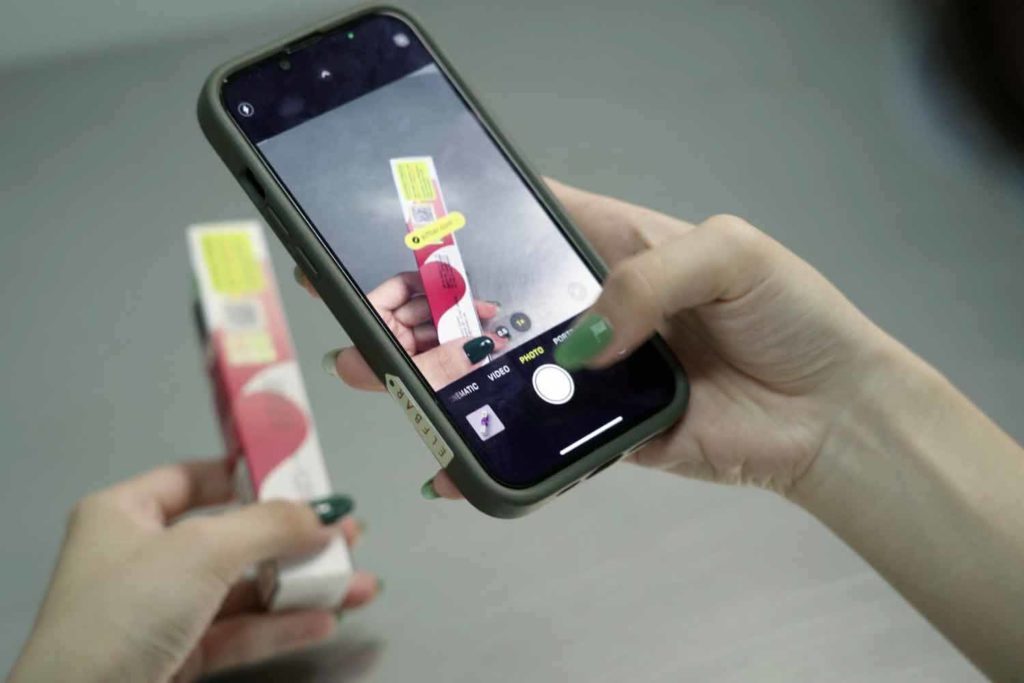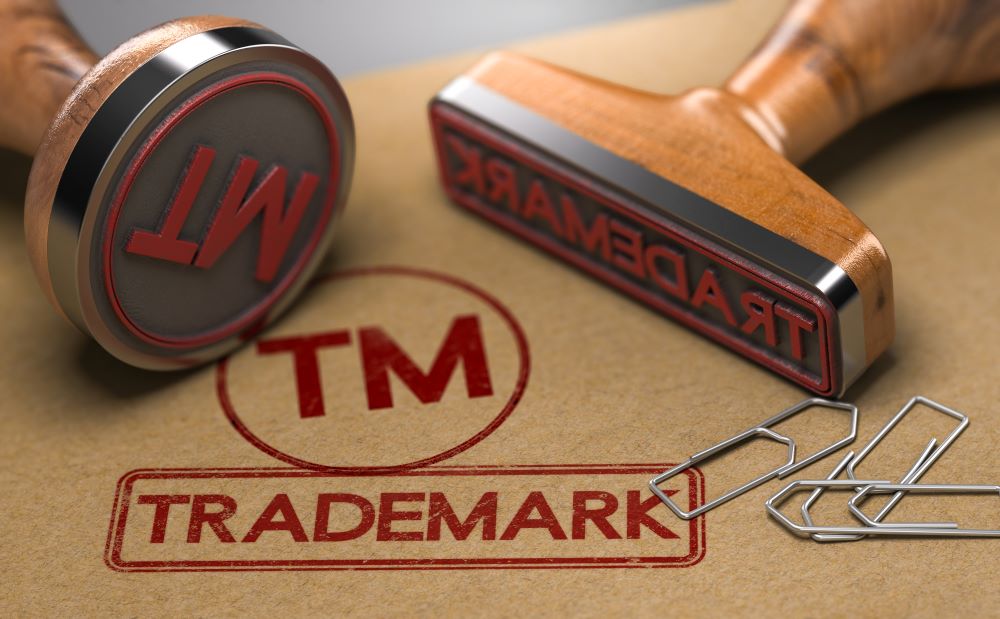
A ban on a Chinese company selling “Elfbar” vapes can’t stand because a district court failed to analyze whether the rightsholder’s use of “Elf” on an illegal product negated its trademark rights, the Federal Circuit court stated.
“Elfbar” seller Shenzhen Weiboli Technology Co. Ltd. argued the “unlawful use doctrine” precluded a preliminary injunction as plaintiff VPR Brands LP failed to clear its “new tobacco product” with the government as required under federal law, according to Bloomberg.
The U.S. Court of Appeals stated in its opinion that the district court wrongly dismissed the defense without considering the propriety of the doctrine, a proper standard or Weiboli’s evidence.
The Federal Circuit ruled that the district judge who ordered the injunction “misread” precedent and relied on a “deficient” legal analysis.
A U.S. federal judge on Feb. 23 ordered Shenzhen Weiboli Technology to stop marketing its Elfbar e-cigarettes in the U.S., finding that VPR Brands, which makes and sells Elf brand vapes, is likely to succeed on its claims that the Elfbar vapes infringe its trademark.
According to U.S. District Judge Aileen M. Cannon, VPR has shown there is a likelihood of confusion and the company stands to suffer harm if its Chinese competitor is allowed to keep selling the Elfbar vapes.
In November, VPR asked for an injunction blocking Shenzhen Weiboli from continuing to use the Elfbar mark, arguing the alleged infringement is costing VPR about $100 million because of the effect on future sales.
VPR claims Shenzhen Weiboli is not only infringing VPR’s Elf trademark but also its patent for its e-cigarette device.

